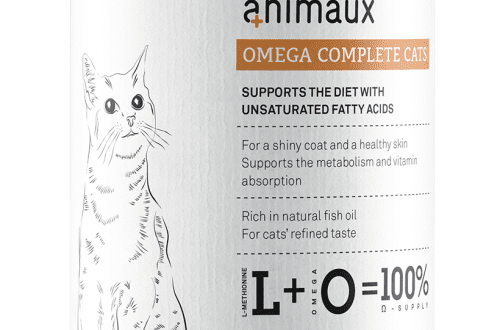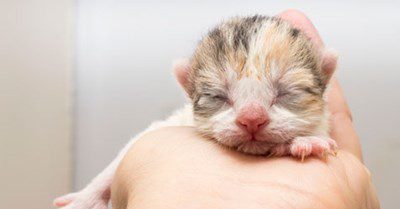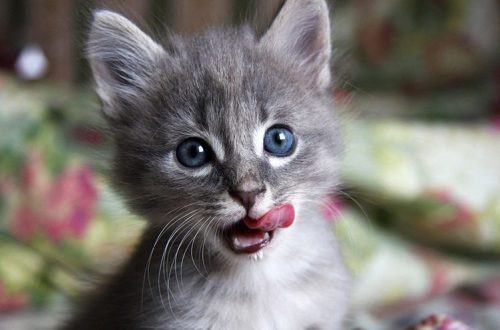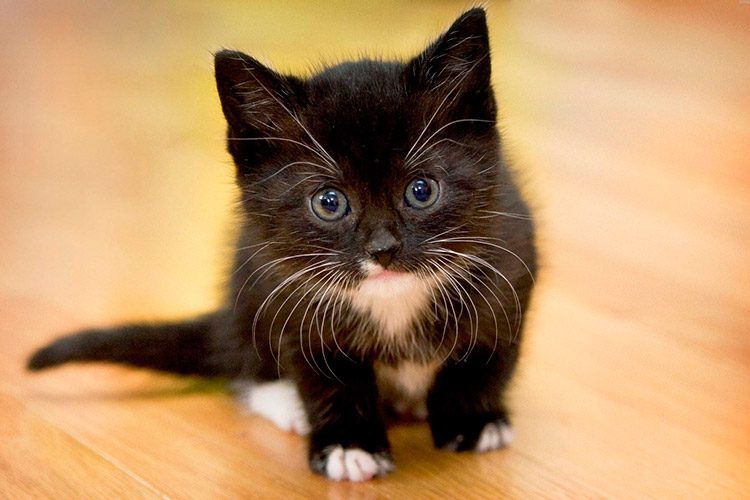
Kitten Feeding Recommendations
You have been dreaming about a pet for a long time, planning, choosing a breed, and now the long-awaited moment has come: a small, fluffy kitten has appeared in your house! There are many new discoveries ahead, many years of joy from communicating with a purring pet and pride in his successes. However, do not forget that the purchase of a kitten is an important, responsible step, because throughout your life your pet will need attention, care and proper care, and its health and well-being will be in your hands.
And, of course, the first months of a pet’s life require special attention from the owners. Animals have everything like people: a kitten learns the world with the same interest as a small child, and also develops quickly. Those emotions, that experience of communicating with people and other animals that a little fluffy is experiencing, form the basis for the formation of his character and perception of the world around him. The same applies to the health of the baby: the kitten grows rapidly, moves a lot, his body develops and strengthens, and for this he simply needs proper, nutritious nutrition, enriched with vitamins and useful elements. It is at this stage that immunity is formed and the foundation is laid for the health of the kitten throughout its entire future life.
A well-nourished kitten is cheerful, cheerful and cheerful, it has a beautiful and shiny coat, a healthy, strong body and strong immunity, which already protects the kitten from various ailments.

Of course, the best recommendations on this issue will be provided by a veterinarian or breeder who has raised more than one generation of kittens and is well versed in the intricacies of care and maintenance of a particular breed. As a rule, a good breeder is always “in touch” and can answer all questions at any time, which is an additional advantage of buying a kitten in a cattery. But there are also general recommendations for feeding kittens, which we will note in our article. To begin with, we note that we are talking about kittens from 6 weeks of age, because it is during this period that babies begin to refuse mother’s milk.
Just a few years ago, the main diet of both kittens and adult cats was table food. Today, the situation has changed radically: numerous studies have shown the detrimental effect of fatty, seasoned, salty or sweet foods on the body of cats. And especially for pets, a line of high-quality, balanced ready-made feeds has been developed, among which there are also special feeds for kittens.
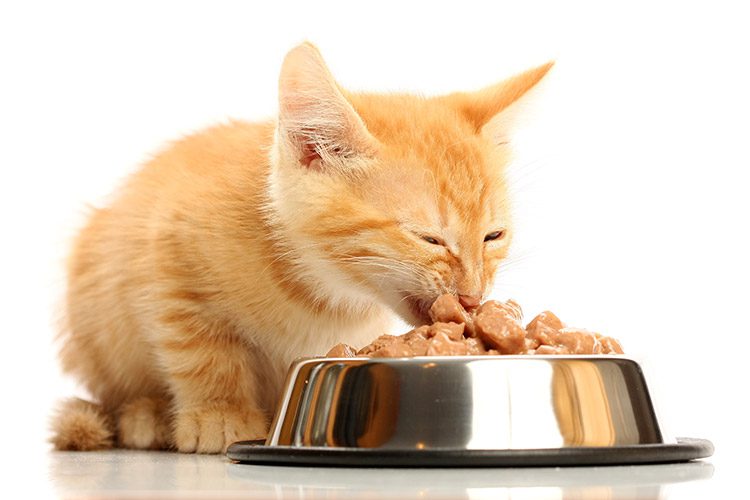
Indeed, over time, more and more people give preference for prepared food, since they contain all the components necessary for the animal, in addition, there is no need to spend time on cooking. But it should be borne in mind that the food is different, and if the premium line provides your pet with the elements necessary for proper growth and development, then poor-quality food undermines the health of the animal and provokes the development of various diseases.
Unfortunately, some owners choose inexpensive food in order to save money, without thinking at all that if a cat gets sick due to malnutrition, then much more money will have to be spent on its treatment. Do not forget, health is not the area in which you need to save money, take care of the health of your household.
Always pay attention to the composition of feed. Since cats are predators, the main component of the finished feed should not be cereals, but meat.
For proper development, a kitten needs food containing fats, proteins, carbohydrates, trace elements and minerals in certain proportions. The diet should contain both dry and canned (wet) food.
As far as natural nutrition is concerned, leftover food from the table is not an option for either a kitten or an adult cat. Fried, spiced, fatty, salty, sweet – in a word, human – food is not suitable for animals and causes a nutritional imbalance. As a result, your pet will develop indigestion and weight problems, he will not be able to grow and develop properly, his coat will be dull, and his immunity will be weakened.
In addition, during the period of rapid development, the kitten’s body is in dire need of the optimal amount of vitamins and minerals. Their lack, as, in fact, an overabundance can lead to serious ailments. For example, a lack of calcium quickly affects the bones. Therefore, the key to success is in the right balance of nutrients. With natural nutrition, experts recommend including mineral supplements in the diet of cats and kittens.
When choosing food for a kitten, think: what do cats eat in their natural habitat?
Their main food is rodents and birds, which the predator eats whole, along with the contents of the prey’s stomach: herbs and cereals. Therefore, your kitten’s food should also be varied and include many useful elements. You can’t feed your pet only “milk” or only meat: food must be balanced! Since the prey of a cat in nature is not large, then at home, animals should be given food in small portions.
Choosing a natural diet, kittens are usually fed boiled chicken, turkey, rabbit meat, as well as beef in combination with cereals, vegetables and herbs.
Contrary to stereotypes, it is undesirable to give milk to kittens, otherwise an upset stomach will be provided.
But kefir, curdled milk and other fermented milk products are the most native food for a growing kitten. As for cereals, it is best to boil cereals and add pieces of meat to them so that the kitten eats with pleasure. Also, kittens can be given fish and eggs, but in small quantities.
Don’t forget that you can’t salt cat food!
Before feeding, the food for kittens is crushed, and all bones are removed from the meat.
If you later want to switch your kitten from natural food to ready-made food, make changes to the diet gradually. First, give the kitten dry food, abundantly moistened with water, then gradually reduce the amount of water, coming to the normal consistency of the finished product.
An important rule: water should always be freely available to the kitten, regardless of the type of food.
Some cat owners prefer a mixed type of feeding, combining ready-made food and natural food in the diet. Such a diet is less preferable, since it is extremely difficult to maintain the necessary balance and malfunctions may begin in the pet’s digestive system. If you feed your cat both dry and natural food, be sure to observe a 2-hour interval between the two types of feeding.
Position your pet’s feeding area as far away from the litter box as possible. Cats are incredibly clean animals, and the place where their bowls are placed should always be kept clean.
In the future, when you get to know your pet better, you will discover amazing feline habits and individual preferences of your pet. In the meantime, take care of your kitten’s health, and let him grow up healthy and beautiful!



